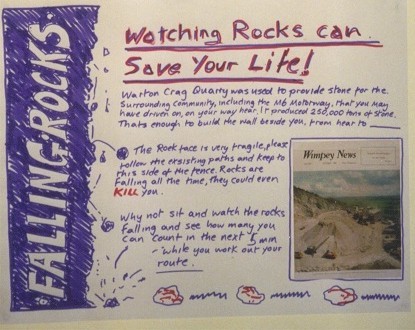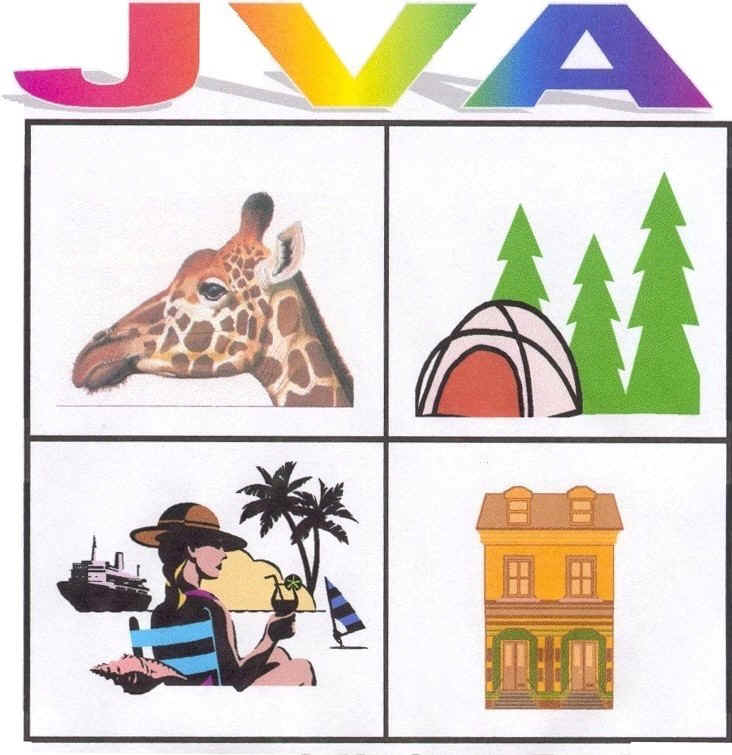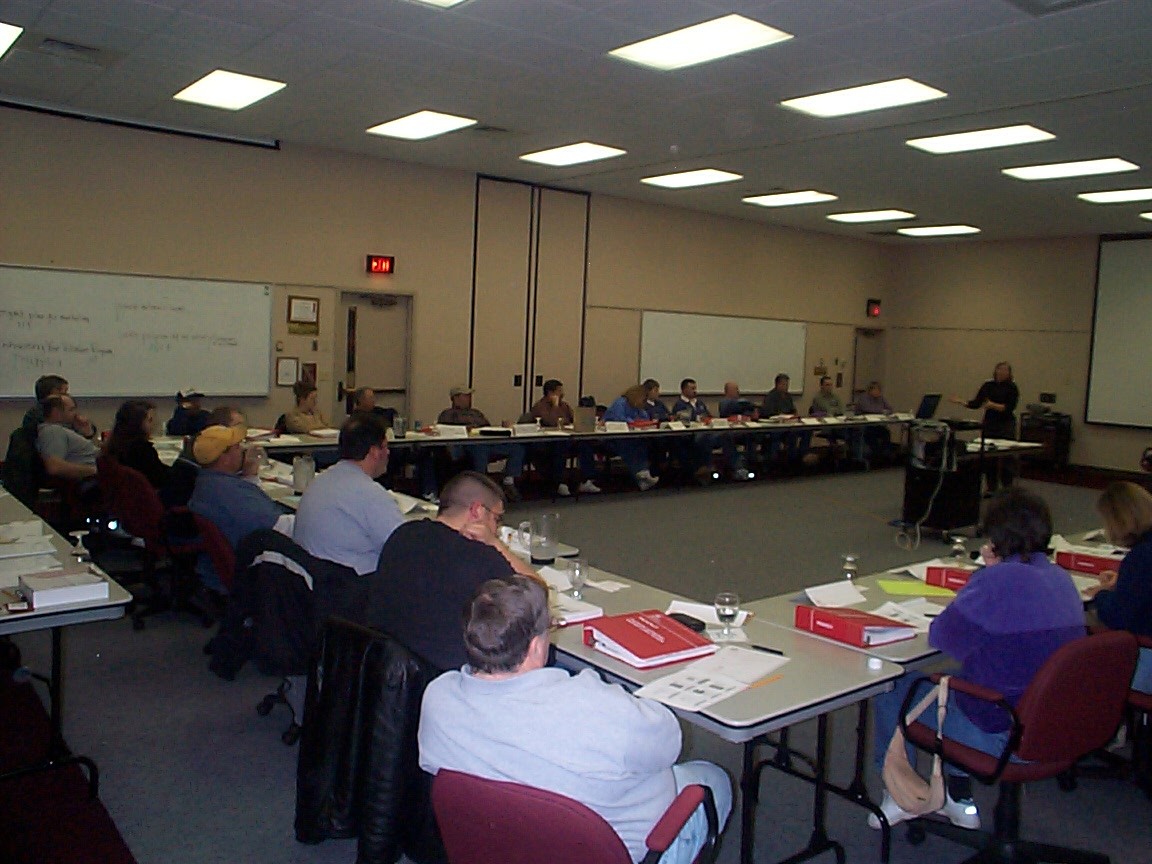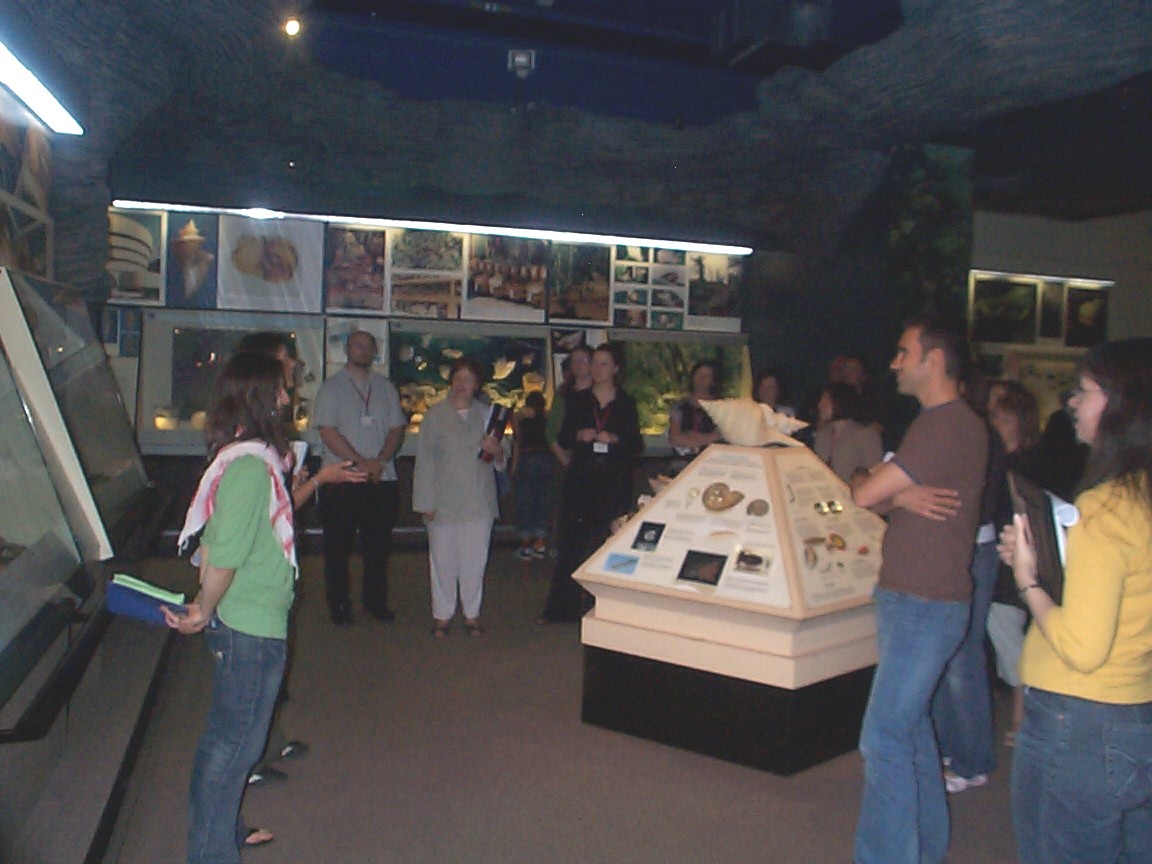Planning
for Interpretive Training Courses
(This brief article appeared in Interpscan,
The National Journal for Interpretation Canada, Vol. 28, #3, March 2002).
By
John A. Veverka
Sometimes teaching an interpretive training course or workshop can be a bit daunting.
Here you are – a professional interpreter- surrounded by other professional
interpreters, all waiting to here what you have to say, learn or improve on a new skill,
get a shot of enthusiasm, or more than likely, all of the above. So how does one prepare
to plan, design and present a "successful" interpretive training course or
workshop? After 27 years of doing interpretive training courses, from university teaching
to providing interpretive training for agencies worldwide, here are some things that I
learned over the years that can really help make training courses a success.
Planning for training.
The first step.
When beginning to plan your training course the first thing to consider is exactly what
you or your client want the training to accomplish. What information, skills or improved
abilities is the training supposed to accomplish? To this end, I begin with working out
just what the measurable objectives of the training are:
Learning objectives. What information do you want the participants to remember and why?
Behavioral objectives: How will the participants USE the information. What skills will
they be able to demonstrate after the training is completed?
Emotional objectives: How will you make the training fun – and fill the
participants with self-confidence and enthusiasm?
The Pre and Post Test and measuring training success.
With objectives in hand, I often create a workshop pre-test (testing against the
objectives of the workshop). I want to know how much the participants already know about
the subject matter – do they already know Tilden’s Principals for example? With
the post test (same questions as the pre test) I can measure the change in knowledge that
occurred based against the pre test scores. The pre and post testing is one of the only
"real" ways to measure success of the training.
The other way to measure the success of the training is by practicum and products.
For example, in interpretive panels planning courses I have participants actually develop
interpretive panels. In the course they are walked through the interpretive planning
process for their project (objectives, theme, use of Tilden’s principals, etc) to
develop a mock-up panel like the one shown below.

Course Objectives and Evaluation strategies – what next?
With my course objectives in hand, the next step in putting together the training is to
have an understanding of the participants. What skill or information levels do they
currently possess? Will the workshop be one teaching skills that they will be using
immediately when they return to their own sites? Or will the training be for other kinds
of information that they will use later on?
Teaching Aides?
After considering the course objectives and the audience, the next thing I usually
think about is what teaching aides will be needed. Will I need a course textbook or
manual, handout materials, overhead transparencies, completed media examples, guest
speakers, AV or videos, or other teaching aides? I begin by lining up the objectives and
subject matter I am planning to present with what I think I will need to use to provide
visual and audio examples of the concepts.
Lesson Plans Anyone?
Depending on the length of the course (one day or 5 days – or a semester) I like
to develop lesson plans. Lesson plans are a way for me to outline – on paper –
the objectives I want each workshop session to accomplish, the activities that I will be
doing, and any associated teaching aides that will be required. I can also send the draft
lesson plans to the agency representative I am doing the training for to make sure that
all of their objectives and outcomes are there.
A sample lesson plan page for an introductory interpretation course is presented on the
following page.
Session objectives and outcomes.
As part of the workshop planning process, we must have training objectives for each
workshop session we plan to present – these appear on the lesson plans as well. For
example: As a result of this session, all participants can write at lease one
example of a learning, behavioral and emotional objective. That means that for
this particular workshop session, the instructor has to present the information, give
examples of each type of objective, and have a practicum where each participant writes one
example of each objective type.
All workshop sessions should have objectives, which relate to the overall objectives of
the total workshop session, and relate to the workshop pre-post test exam questions.
Again, these would appear on the lesson plans to guide the instructor as to how to best
"illustrate" the concept the objectives are relating to.
The lesson plan page below illustrates one page of a 22-page lesson plan set. You can
see how the session objective is presented and the first exercise used to illustrate
learning concepts and principals is laid out.
(Note: the lesson plan wouldn't convert to html :( If
you would like a copy of a lesson plan page, e-mail me and I will send you one.) jvainterp@aol.com
Developing Practicums
One of the key parts of any interpretive training program is the "hands on"
or practicum part of the course. In general, people remember:
10% of what you hear;
30% of what you read;
50% of what you see;
90% of what you do.
With this in mind I like to develop lots of hands on activities as part of the training
courses. I want participants to take home "products", not just information. For
example, in a training course on interpretive program planning I have participants divide
into groups of about 4 people each. Give them an interpretive program theme and
objectives, and about ½ hour to plan and rehearse a 5-minute presentation to the group.
The presentation must:
Illustrate the theme.
Accomplish the stated objectives for the presentation.
Consider the audience the presentation is presented to.
Use interpretive communication principals (provoke, relate, reveal, etc.)
Involve the audience (some or all) in some way.
Thus, the practicum is the culmination of the training course, where the theory and
ideas are turned into real products.
 For
participants in the Interpretive Master Planning Course the practicum is to actually
develop a draft of their site or facility interpretive plan. The paper sheets on the
wall behind this is their "Theme, Objectives, Resource Inventory, Story Development
forms and Implementation and Operations Matrix" drafts.
For
participants in the Interpretive Master Planning Course the practicum is to actually
develop a draft of their site or facility interpretive plan. The paper sheets on the
wall behind this is their "Theme, Objectives, Resource Inventory, Story Development
forms and Implementation and Operations Matrix" drafts.
Planning for Training - Summary
So in general the basic steps I use in planning for my training courses are:
Understand clearly the objectives of the training course.
Understand your audience.
Have an evaluation strategy (pre-post test, practicum projects, etc.) to see if the
training objectives are accomplished at the end of the workshop.
Think through the kinds of teaching aides you will need.
Develop a detailed lesson plan to help you plan your presentations.
Make sure that there are lots of "hands on" learning experiences.
Use interpretive techniques to actually present or "interpret" to the class
yourself.
Make sure that the participants have fun and leave with more than just information.
------------------------------------------------------------------------------
John Veverka, jvainterp@aol.com










 For
participants in the Interpretive Master Planning Course the practicum is to actually
develop a draft of their site or facility interpretive plan. The paper sheets on the
wall behind this is their "Theme, Objectives, Resource Inventory, Story Development
forms and Implementation and Operations Matrix" drafts.
For
participants in the Interpretive Master Planning Course the practicum is to actually
develop a draft of their site or facility interpretive plan. The paper sheets on the
wall behind this is their "Theme, Objectives, Resource Inventory, Story Development
forms and Implementation and Operations Matrix" drafts.